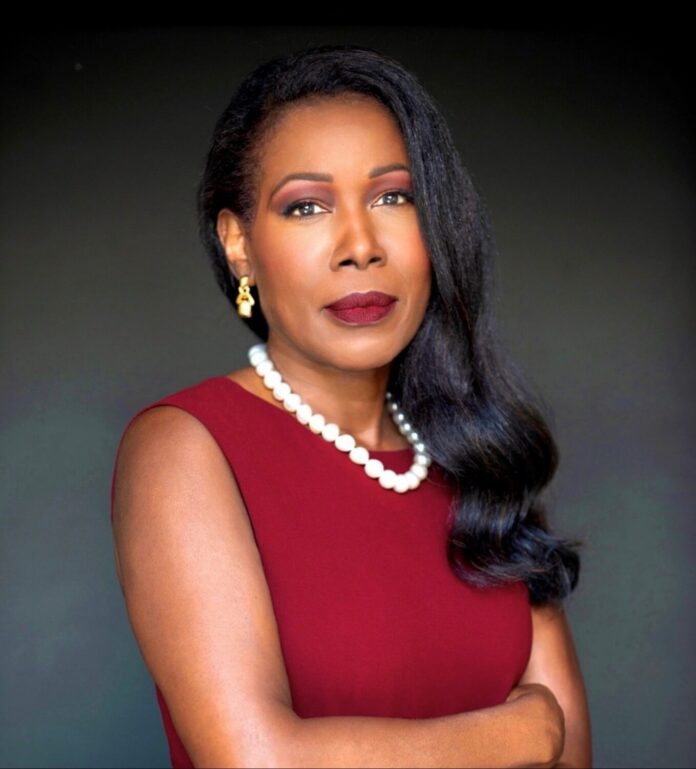The Class of 2023 will hear words of direction and insight by long-time journalist, former Chicago Bureau Chief of the New York Times and bestselling author, Isabel Wilkerson at their commencement ceremony May 21. According to an email from Priya Sridharan, chief of staff at Occidental, Wilkerson was selected by a Board of Trustees committee composed of board members as well as faculty and student representatives.
Since publishing her debut book “The Warmth of Other Suns” in 2010, followed by “Caste: The Origins of Our Discontent” in 2020, Wilkerson has achieved wide popularity. Written in narrative style, the books weave history with the personal stories of hundreds of individuals who experienced the events first-hand.
President Elam said Occidental is pleased to welcome Wilkerson, who has made history through her literary work and as the first Black woman to win the Pulitzer Prize in American journalism.
“Her books have advanced our understanding of the workings of race, class and hierarchy in American society,” Elam said via email. “Her research and writing provide outstanding examples of the kind of awareness and intellectual skills we seek to foster in our students.”
Isa Merel (senior) said she is excited to hear Wilkerson speak at graduation.
“I think to me, commencement is signifying a huge change in all of our lives, you know, the end of something and the beginning of the rest of our lives, the first time outside of an academic setting,” Merel said. “I appreciate that she’s a writer, because I imagine she’ll bring that sort of poetic lens of looking at this as an opportunity of transformation and change, especially in a time that feels really tumultuous politically.”
Dr. Lauren Jones Young ‘69, a member of the Occidental Black Alumni Association, said that Wilkerson’s lyrical style in “Caste” allows broad audiences to understand complex systemic issues.
“I think Wilkerson unveils … how deep and how pervasive and how comprehensive issues of white supremacy are within the United States,” Jones Young said. “And she does that very well and very carefully. And with supporting evidence.”
Black Studies professor and chair Erica Ball is currently teaching “The Warmth of Other Suns” in her course “The Great Migration and the Transformation of American Culture.” She said the class afforded her an opportunity to weave Wilkerson’s work more directly into her teaching. “The Warmth of Other Suns” quickly became a staple in the class, Ball said, because it allowed her to teach students a narrative of the Great Migration that was not limited to one city or to the World War I era.
“Black people and Black folk’s biographies remain front and center in my work and in my classes. And this is something that Wilkerson does herself,” Ball said. “So even as she’s able to critique systemic racism as she does in ‘The Warmth of Other Suns’ and in ‘Caste,’ she’s always telling the stories of individual people of African descent in all our beautiful diversity.”
According to Ball, “The Warmth of Other Suns” engages in a long tradition of compiling and preserving the family histories of people of African descent. Ball said projects like Wilkerson’s are essential to keeping these stories alive.
“There is now a treasure trove of memories, of documents that scholars can turn to when we try to reconstruct the lives of enslaved people in the United States,” Ball said. “Without those interviews, without that oral history, those memories would be, those words, I would say, would be lost forever.”
Ball said that Wilkerson’s book focuses on the stories of Black families who left the South during the Great Migration and that, while her own family stayed in the South, it could have easily been their story too.
“It was like watching a road not taken,” Ball said.
Jones Young said the stories that Wilkerson tells are both sweeping and personal.
“For those of us who are African Americans, a lot of us can actually see some of our family stories in the stories that she’s relating,” Jones Young said. “It becomes very personal at the same time that those stories are embedded within a broader context. And I think we have not in the past had that kind of presentation of this particular story.”
Ball said she suspected Wilkerson’s experience as a journalist helped to make the book compelling and accessible to a wider audience.
“I see [Wilkerson] as someone who can do what journalists who are interested in writing about the past do best, and that is take in just a ton of information, conduct a remarkable number of interviews and then tell a great story. Like weave those personal recollections and histories together into a beautiful tapestry,” Ball said. “She’s a one-woman collector of stories.”
Contact Claire O’Callahan at ocallahan@oxy.edu.
![]()































